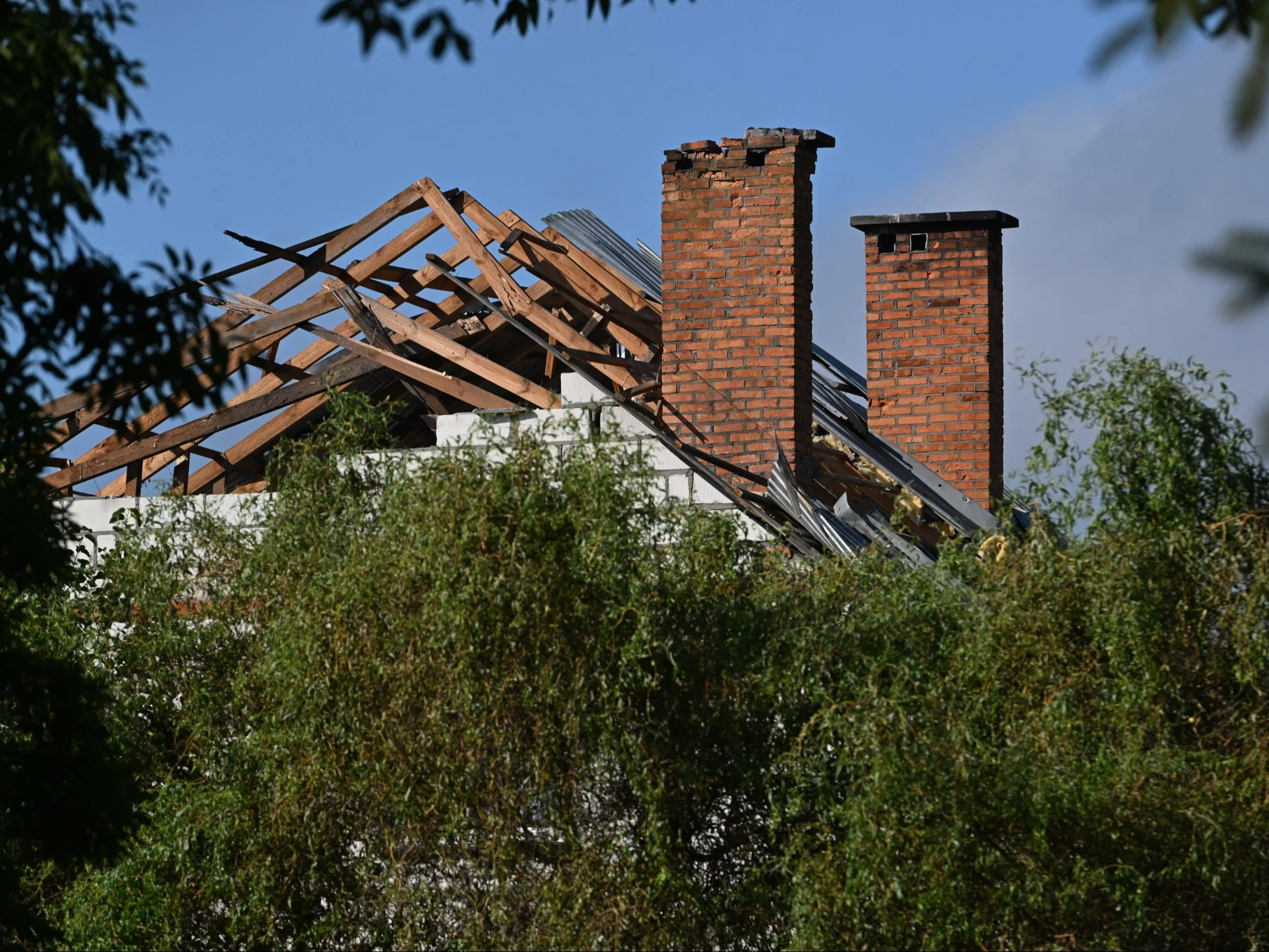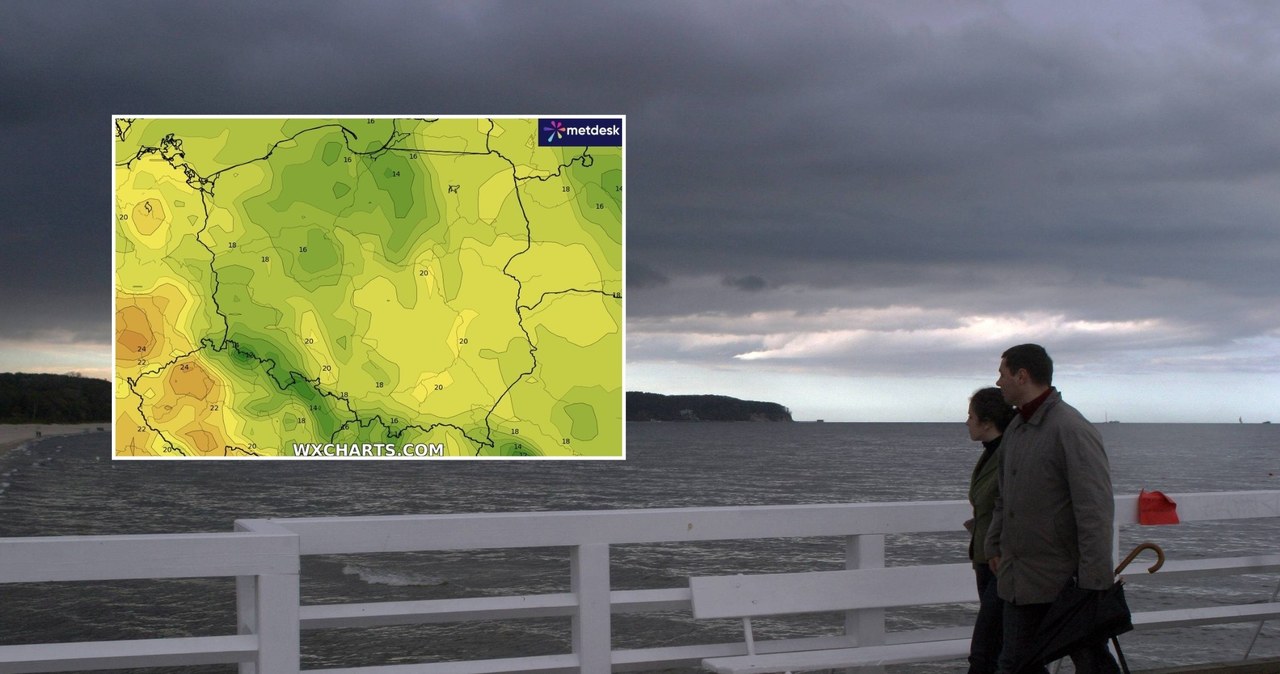A Scottish space company is celebrating a "huge milestone" after it was granted a launch operator licence for one of its rockets. However, Skyrora is still searching for a pad to blast off from, with none available this year at least.
The company, which has a factory in Cumbernauld, North Lanarkshire, have been granted a launch licence for its suborbital rocket, Skylark. Later, the company hopes to use a much larger rocket called XL to deliver satellites into orbit.
SaxaVord spaceport unavailable
The licence enables Skyrora to launch from the UK's licensed "vertical launch" spaceport at SaxaVord on the northernmost point of the Shetland Islands. But there are not currently any pads free there.
Volodymyr Levykin spoke to PA just before the launch licence was announced by the Civil Aviation Authority (CAA). He said Skylark, a single-stage rocket measuring almost 12 metres long, would go "up and down" when it launches, taking a 50 kilo payload to an altitude of about 500 kilometres (310 miles).
Crossing the space boundary
If successful, this will mean it crosses the boundary into space but it will not deliver a satellite into orbit. Levykin said of the licence: "This is a huge milestone for us because at least half of the work, maybe 70% has been done. Looking forward to actually launching."
He explained that SaxaVord "is not available any more for us to launch, this year at least". Earlier this year, another space company called Orbex announced it would move its launch operation to SaxaVord from the under-construction Sutherland Spaceport on Scotland's north coast.
Considering alternative locations
Levykin said his company is now considering other options, including potentially using the Sutherland site vacated by Orbex. He said: "At the moment we're trying to figure out - what is the legal structure, what is owned, what is not owned?"
The mobile launch concept would allow Skyrora to launch its rocket in a variety of locations around Europe with just a few days of preparation. In October 2022, the company attempted to launch Skylark from Iceland, but a software problem led to it falling into the sea just after lift-off.
Future XL rocket ambitions
Ultimately, Skyrora wants to use its 23-metre XL rocket to launch about eight times a year, capitalising on the burgeoning global demand for small satellite launches. They are aiming to do the initial test-firing of this rocket's first stage this year, though the location has not yet been revealed.
It would involve nine engines firing at the same time. Rob Bishton, chief executive of the UK Civil Aviation Authority, said: "Granting a home-grown company, Skyrora, its launch licence is a major milestone for our space sector and our nation."
Government celebrates milestone
Richard Lochhead, the Scottish Government's business minister, said: "Securing the UK's first launch operator licence is a landmark moment in Skyrora's plans to become the first company in the UK to build and launch a rocket into space." UK aviation and space minister Mike Kane said: "I am thrilled we've reached this important milestone in the UK space sector, and I congratulate Skyrora for being the first UK company to receive a rocket launch licence."
Scottish Secretary Ian Murray described it as "one giant leap for Skyrora" and "a massive boost to the whole of Scotland and the wider UK's space sector". UK space minister Sir Chris Bryant highlighted the economic potential, noting that demand for satellites in Europe alone is expected to be worth 50 billion US dollars (£37 billion) by 2033.
Economic potential highlighted
Bryant said having homegrown capacity to launch satellites "stands to pull lucrative contracts and investment into the UK". He added: "This is an industry that is creating jobs and driving growth right across the UK right now, including Scotland where Skyrora is based and from where their rockets will launch."
The minister emphasised that as part of the Government's modern industrial strategy, they are determined to unleash the space industry's full economic potential, describing it as "rocket-boosting the plan for change".
(PA) Note: This article has been edited with the help of Artificial Intelligence.

















